The Rise of Legal Design
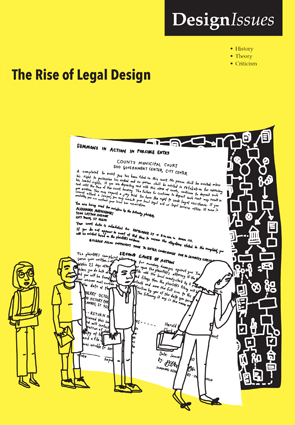
Come read the MIT journal Design Issues’ special edition on “The Rise of Legal Design”.
I co-edited this volume, which features a number of studies and essays profiling the design of new government systems, privacy communications, legal aid initiatives, and participatory governance processes.
It features articles like:
Legal Design as a Thing: A Theory of Change and a Set of Methods to Craft a Human-Centered Legal System” by Margaret Hagan
The Rapid Embrace of Legal Design and the Use of Co-Design to Avoid Enshrining Systemic Bias by Dan Jackson, Miso Kim, and Jules Rochielle Sievert
Airlines, Mayonnaise, and Justice: Reflections on the Theory and Practice of Legal Design and Technology by Gordon Ross
The Escambia Project: An Experiment in Community-Led Legal Design by Melissa A. Moss
My Legal Design Projects
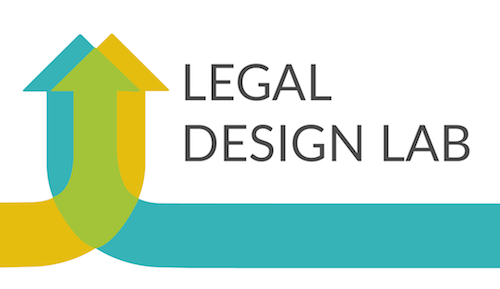
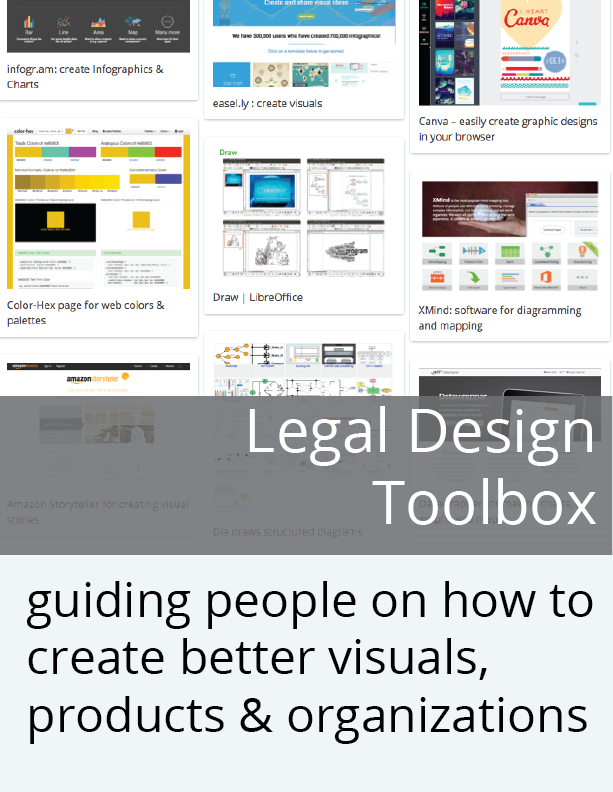

Legal Design edited volume
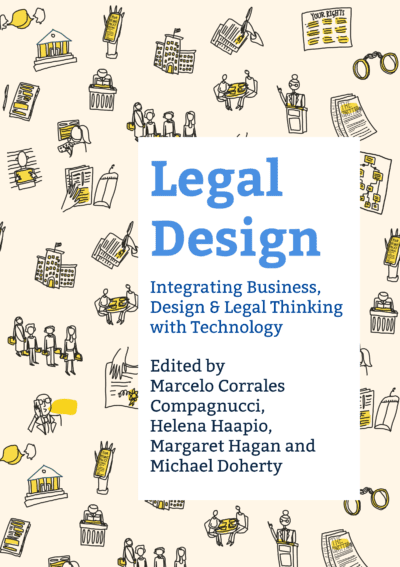
Explore this volume on how to integrate business, design, and legal thinking with technology. It includes my piece “Prototyping for Policy.”
I co-edited this new book out with my colleagues Marcelo Corrales Compagnucci, Helena Haapio, and Michael Doherty.
It features pieces like:
- “A new attitude to law’s empire: the potentialities of legal design” by our team of editors
- “Prototyping for Policy” by me, Margaret Hagan
- “The relationship between legal and design cultures” by Michael Doherty
- “Legal design for the common good: proactive legal care by design” by Helena Haapio, Thomas Barton, and Marcelo Corrales Compagnucci
My Latest Posts
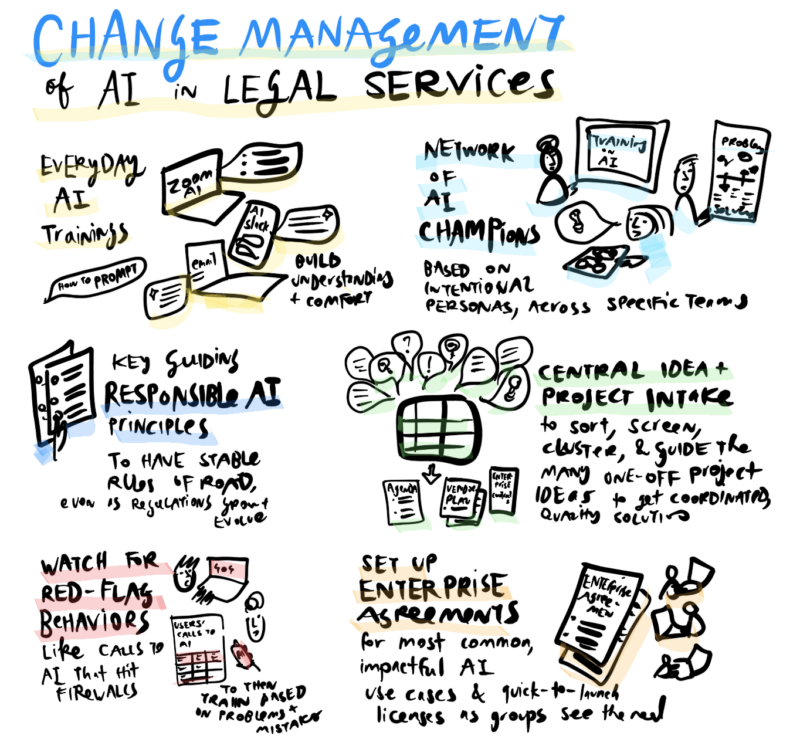
AI in Legal Teams: Change Management Plan
At recent events, I’ve heard great strategies and examples from legal organization leaders, about how they are rolling out Responsible AI…

Beagle+ AI legal help chatbot
The British Columbia, Canada group People’s Law School has an OpenAI-powered chatbot to help people get legal information: Beagle+. You can…

10 Guidelines for legal help information
Lois Lupica, working with IAALS and the Bohemian Foundation, made a guide for legal help providers about how to effectively communicate…
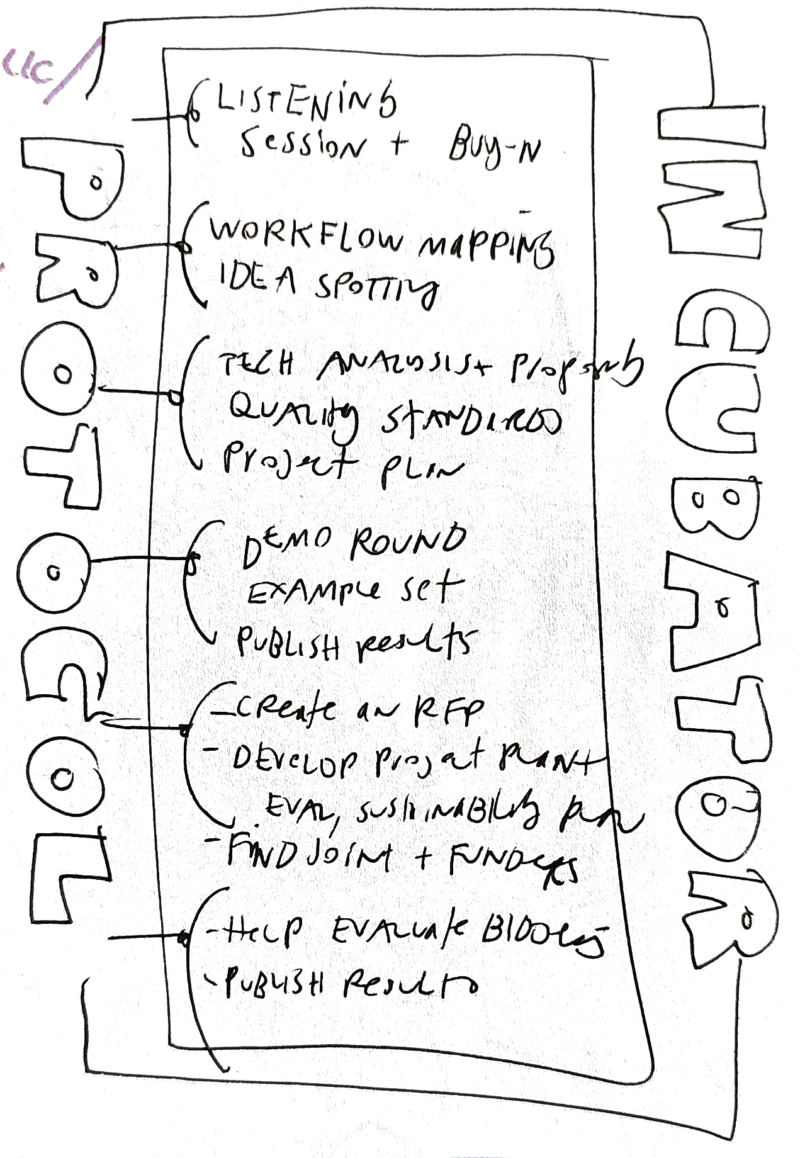
University’s role as innovation incubator in public interest tech
With the new wave of excitement & innovation energy that has come with generative AI over the past year, I have…
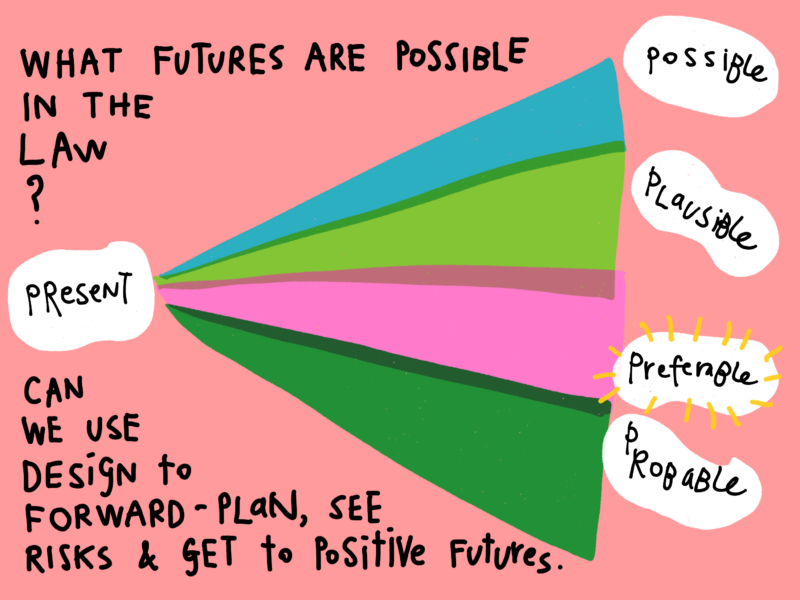
Speculative Legal Design to think big about system reform
At this year’s Legal Design Roundtable in Brussels, many legal designers presented on what methods they are using for legal reform….
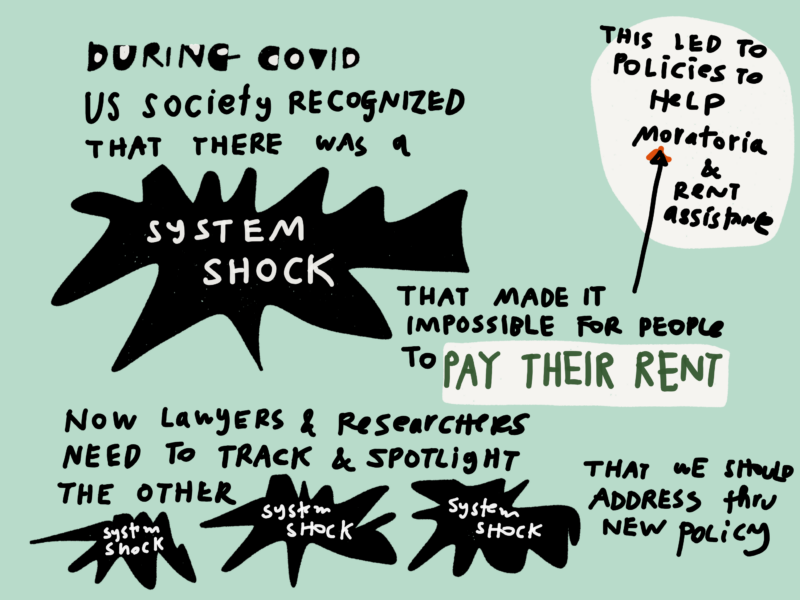
System Shocks & A2J Policy
At last week’s Access to Justice Symposium hosted by the Stanford Law Review, I was on a panel about A2J and…
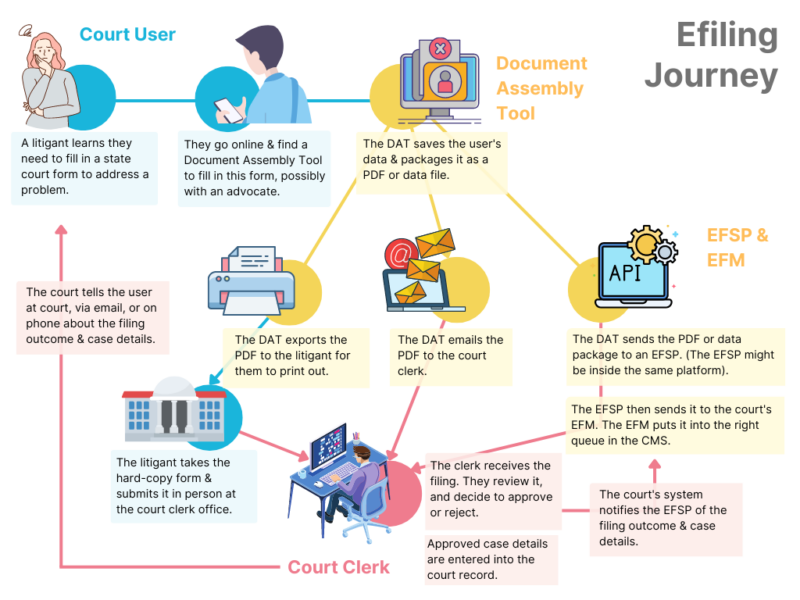
Making complicated court & efiling tech clear
As part of my access to justice innovation work, I realize one big barrier to change is understanding how systems currently…
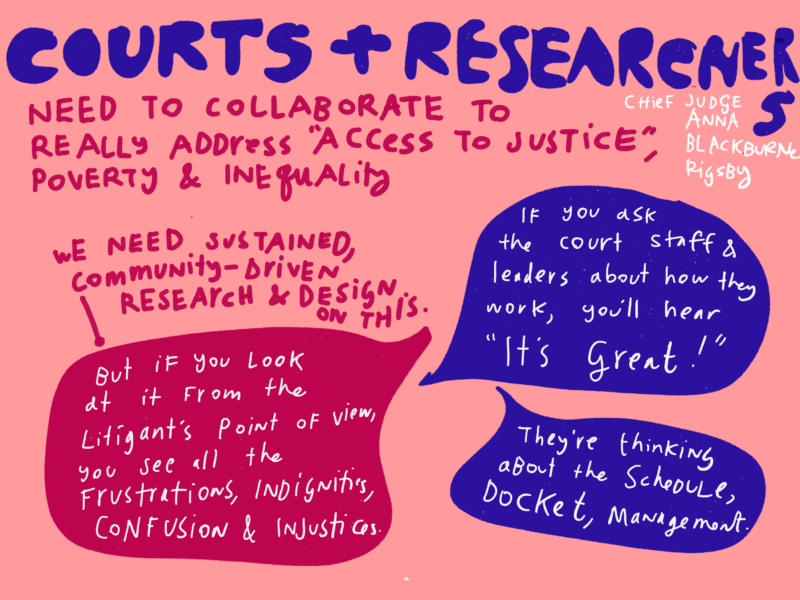
Research-Practitioner Loop in Access to Justice work
Last week I had a double conference weekend in DC. The first was with front-line lawyers and executive directors at legal…
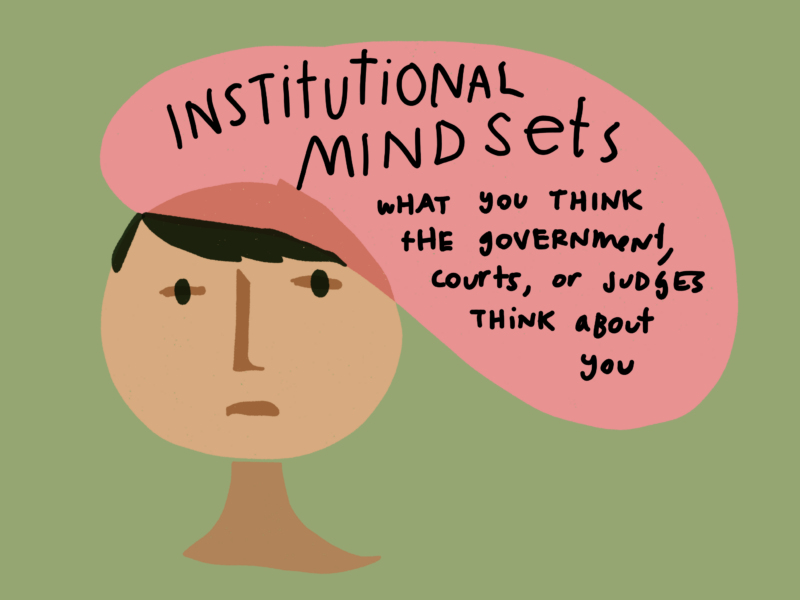
Institutional Mindset for people in court
Victor Quintanilla presented at Georgetown Law/American Bar Foundation on his research on people’s experience of courts. He’s measuring people’s social psychology…
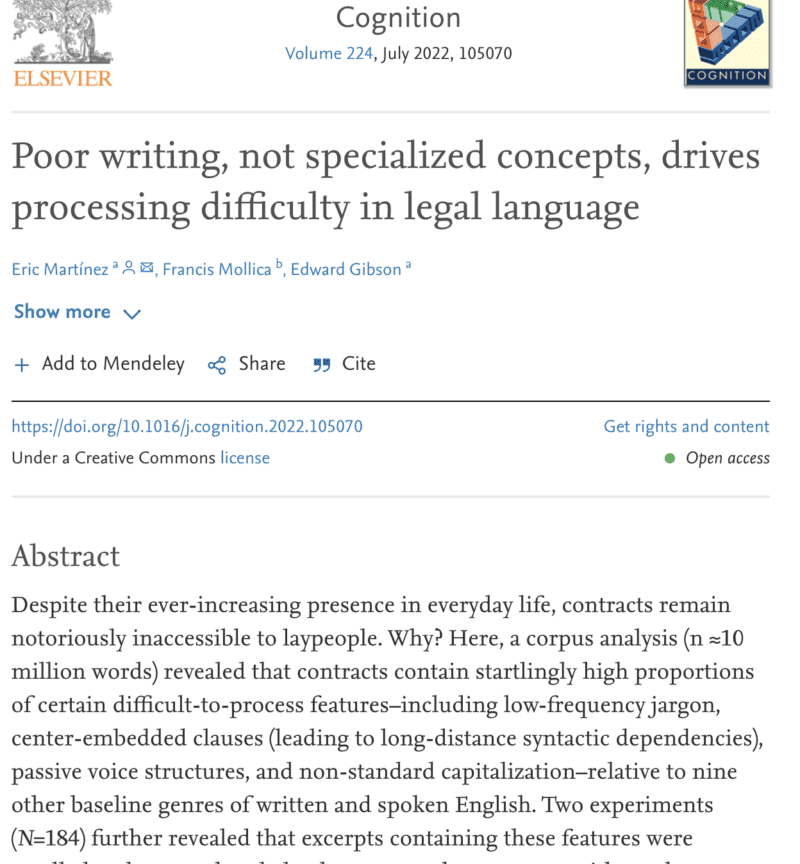
Contracts can be user-friendly, but they’re often designed not to be
An article analyzing legal contracts in Cognition A new article in Cognition lays out an analysis of millions of contracts (compared…
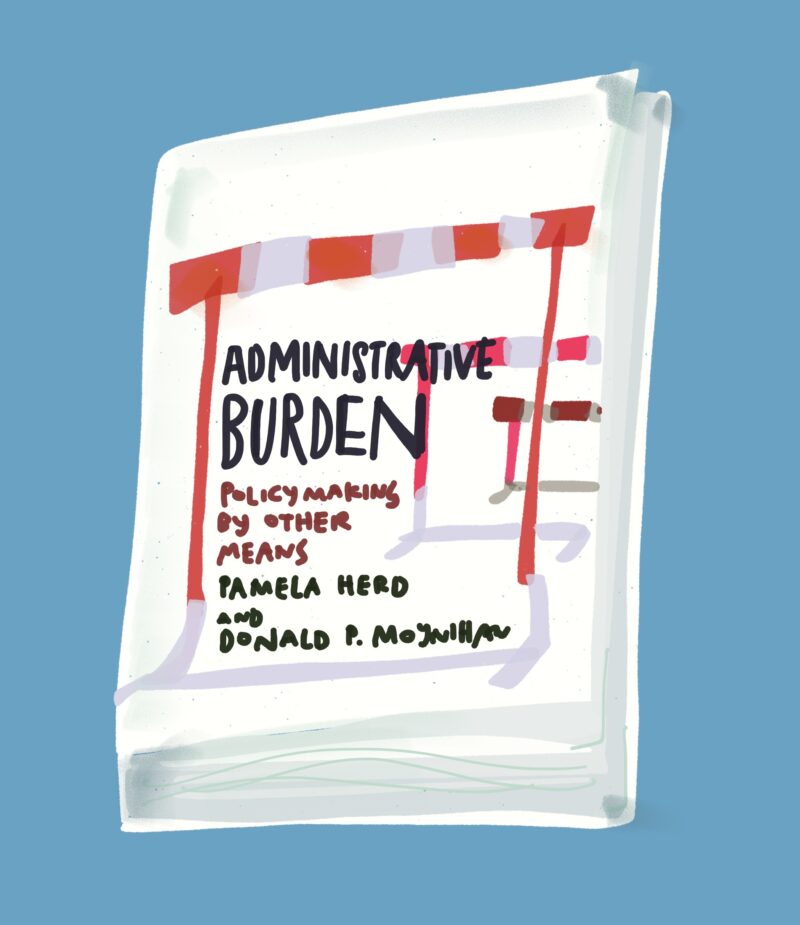
Administrative Burden book on measuring citizen’s experience of government
This book explains how policy-making often focuses too much on the policies in the abstract and does not focus on their…
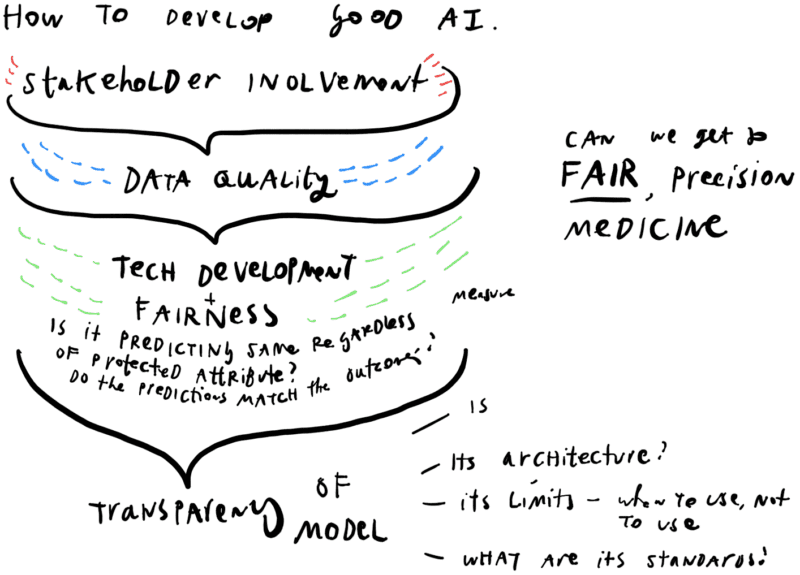
What can legal learn from medical when it comes to ethical AI?
Can legal practitioners, particularly those working on access to justice, learn from how AI is being rolled out in medical systems?…
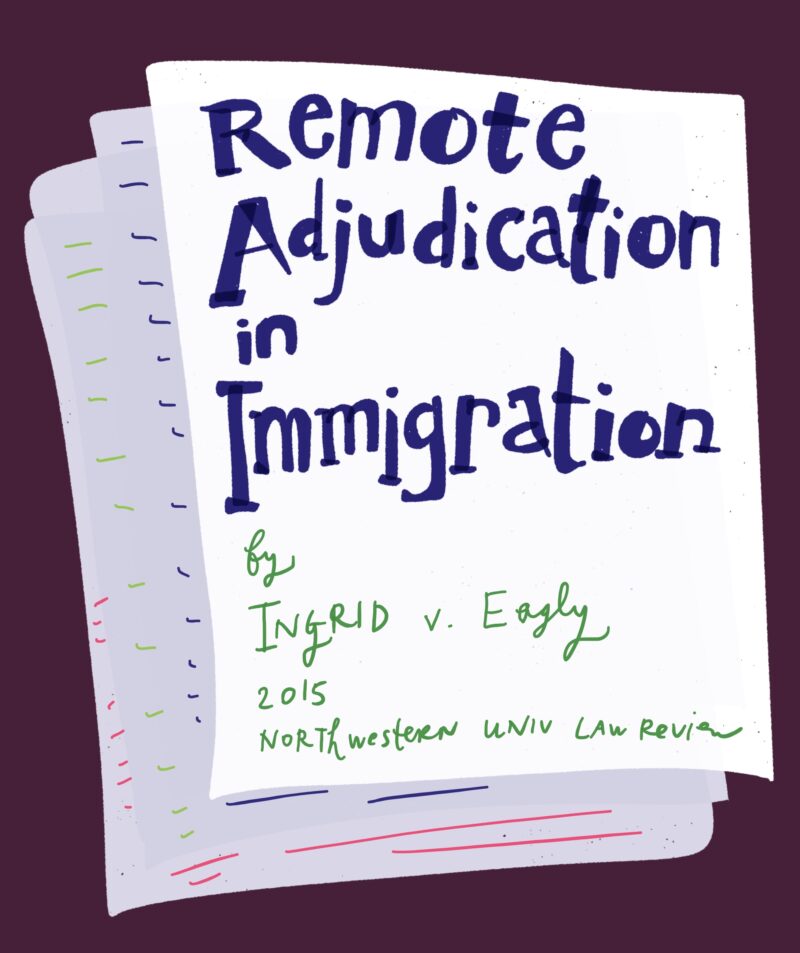
Does virtual court mean more or less meaningful participation by litigants?
What research can we do to understand if virtual hearings improve or degrade the quality of justice that civil litigants get…
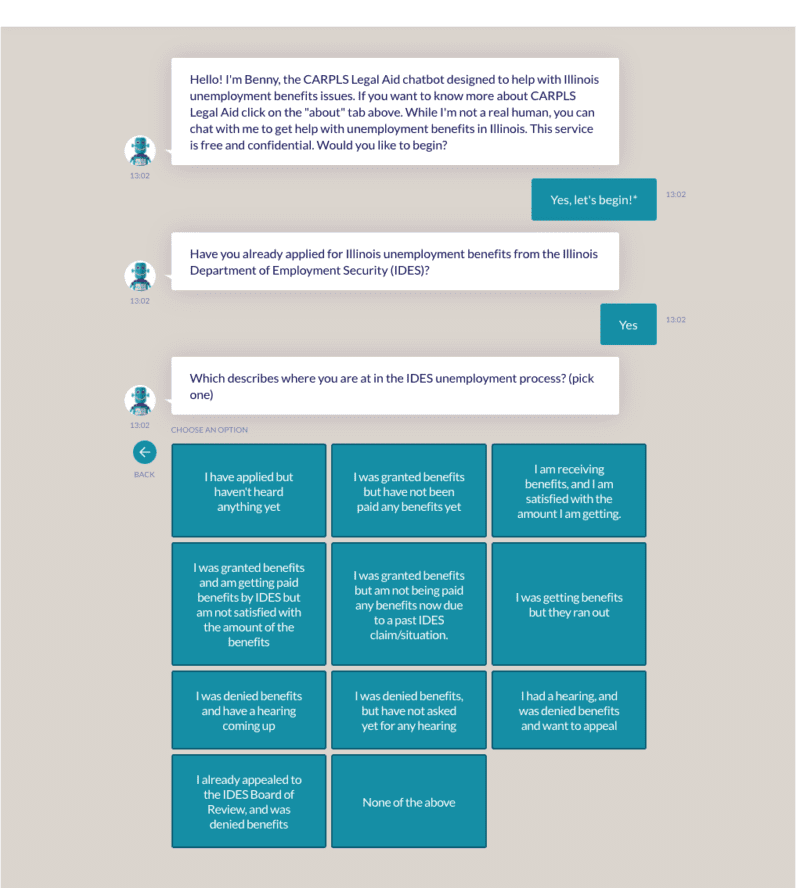
Benny, the legal aid unemployment benefits chatbot
On a recent conference call, someone pointed out a new bot from the CARPLS legal aid group in Illinois: Benny, a…
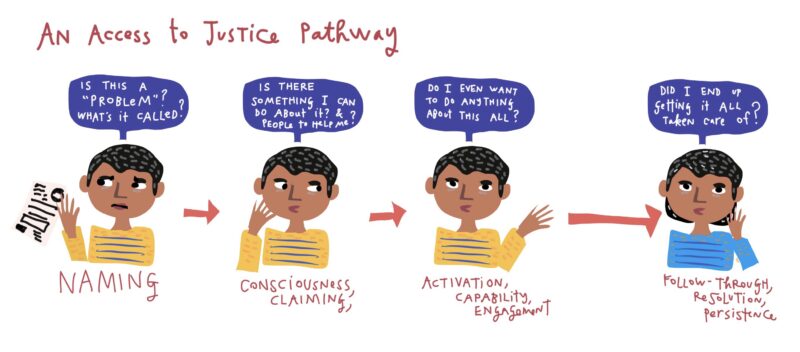
The Access to Justice Pathway: from naming to claiming to action
How do we activate people along the Justice pathway?I am lucky to be in a wonderful group of young scholars focused…
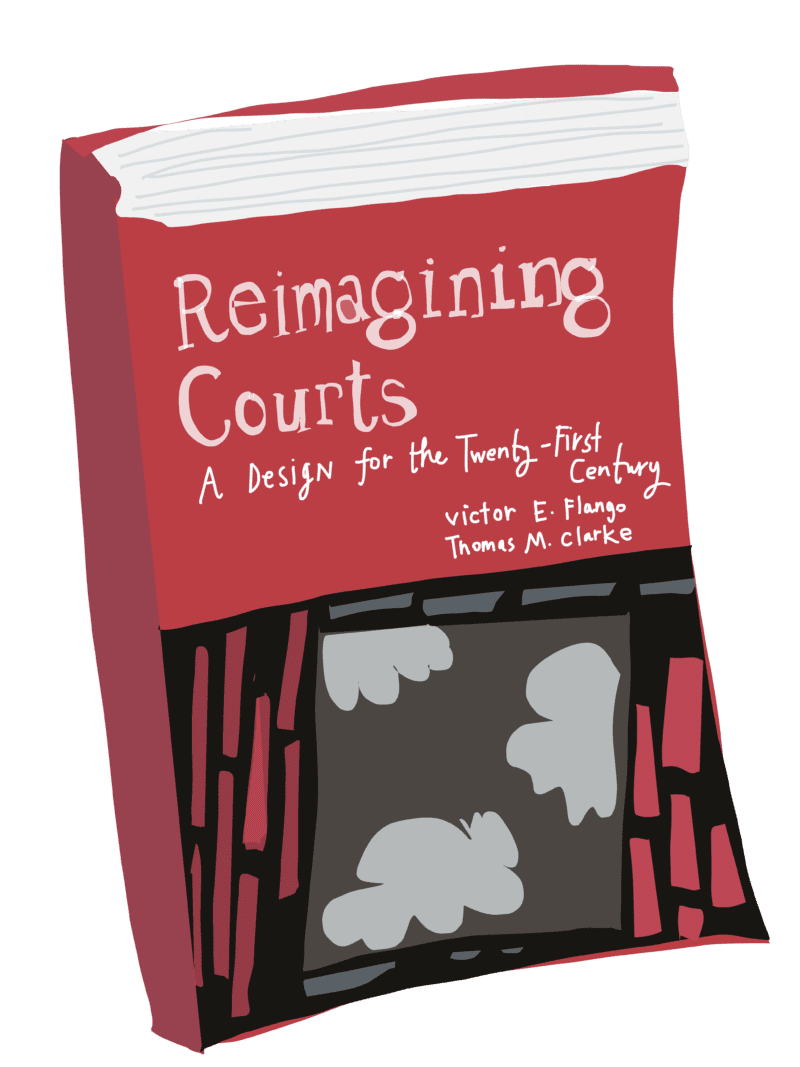
Must Read: Reimagining Courts, a design for the 21st century
Reimagining Courts collects data and ideas for how the court system in the United States might be improved to be more…
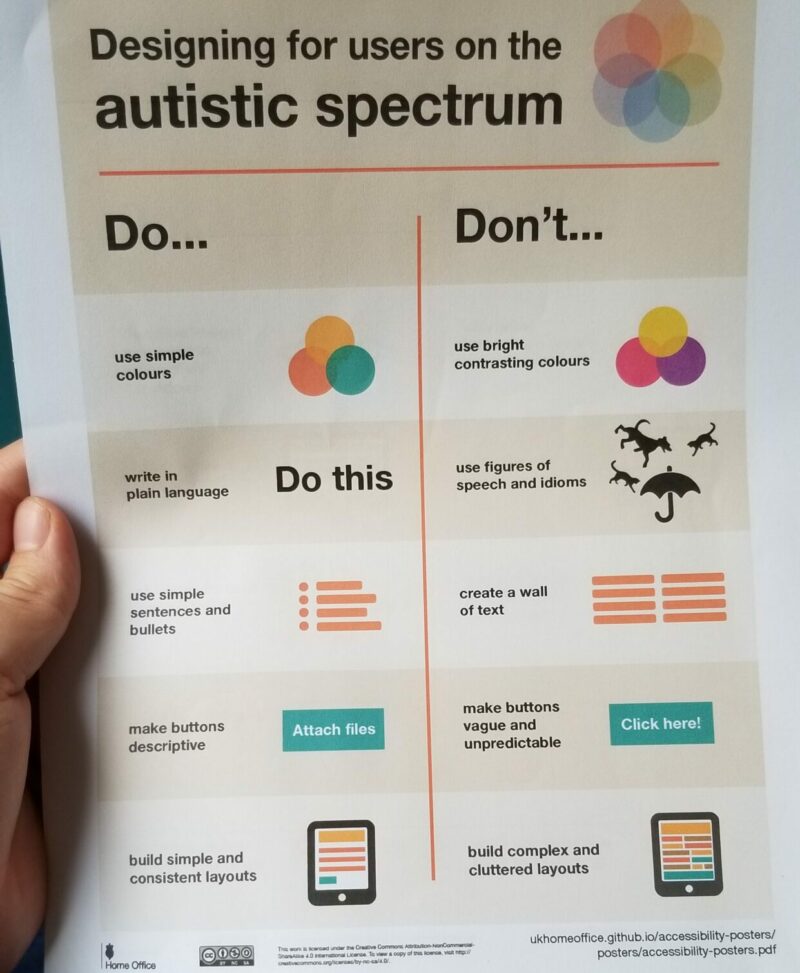
Design rules for accessible civic websites
Here is a terrific visual guide for all those making legal aid, court, or government help websites. It is from the…

How do we make a good taxonomy of legal problems?
I have been working on the giant effort to make a comprehensive, user-centered taxonomy of legal issues that people have in…
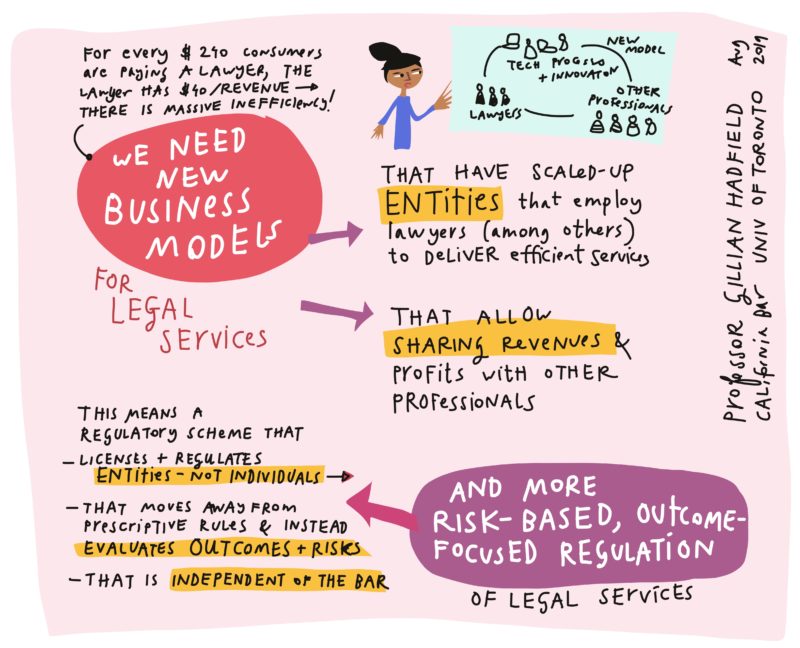
The future of legal business models and regulation
A quick sketch of Professor Gillian Hadfield’s presentation to the California Bar’s task force on innovation and access to legal services,…
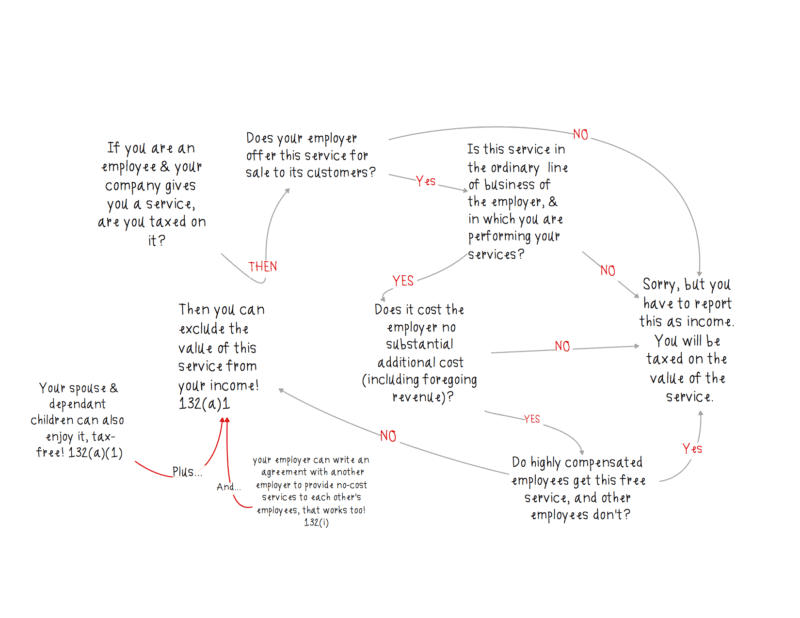
Legal flowcharts from tax law class
Upon some online requests, here is a backlog of 2014-dated tax law flowcharts that I did while studying for my Tax…
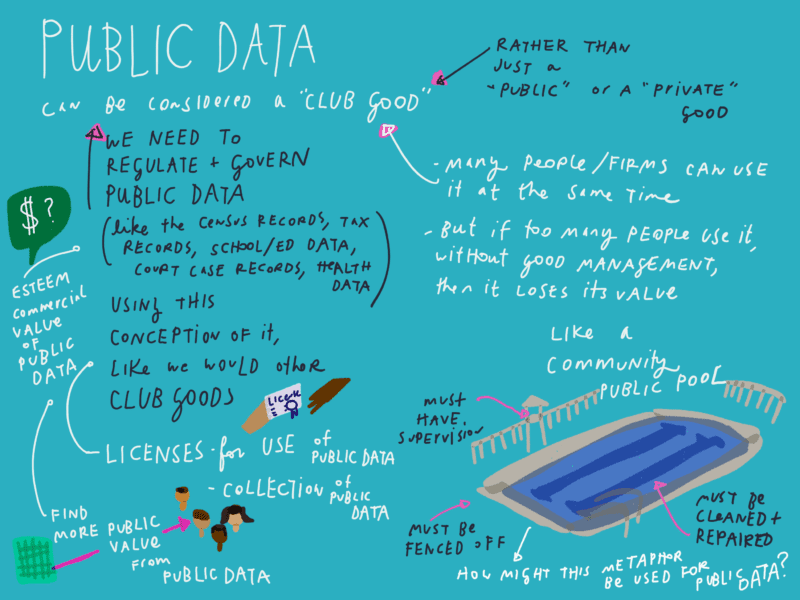
Should we regulate public data like a community swimming pool?
A sketch of Arjuna Dibley and Rachelle Cole’s talk on how we might conceive of government/public data not as private goods…
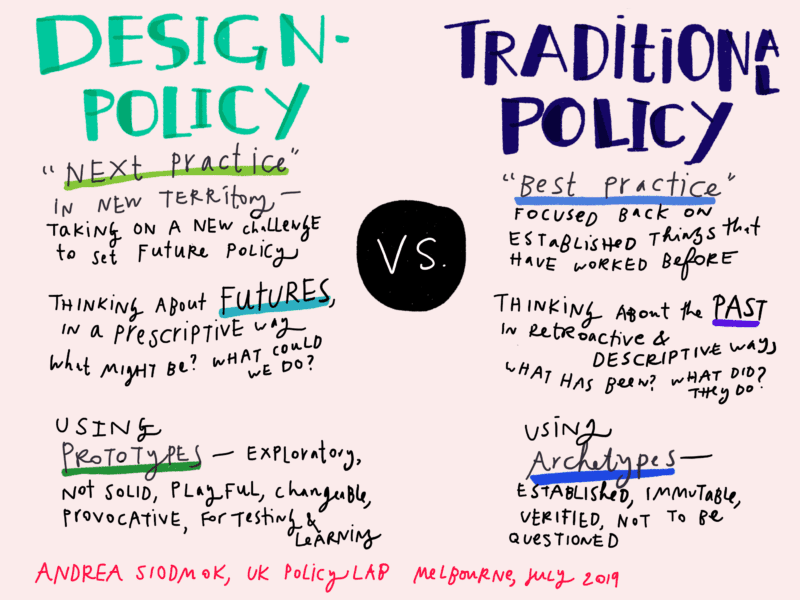
What is a design approach to policy vs traditional policy-making?
Another sketch from Andrea Siodmok, of the UK Policy Lab, about how a design approach to policy work, as opposed to…
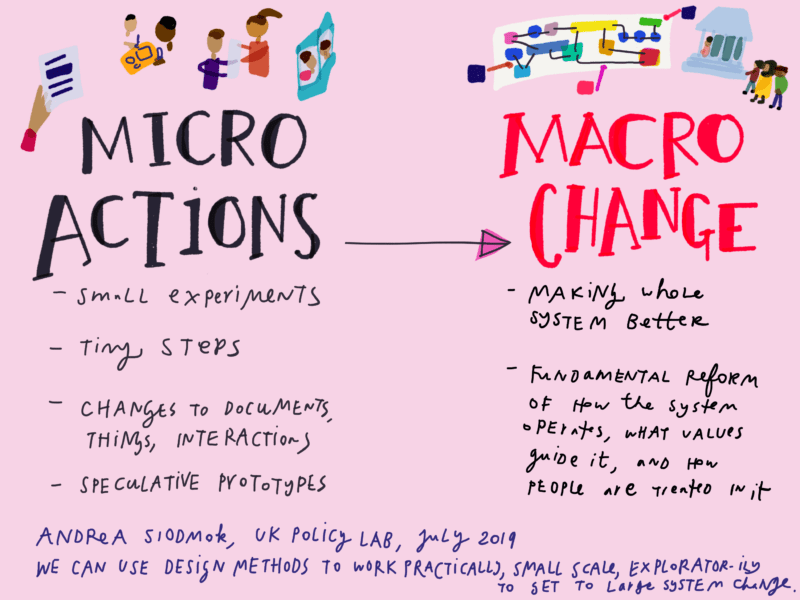
Design work for government systems change
My sketches of designer/UK Policy Lab leader Andrea Siodmok’s talk at the Digital Citizens conference in Melbourne. She presented on methods…
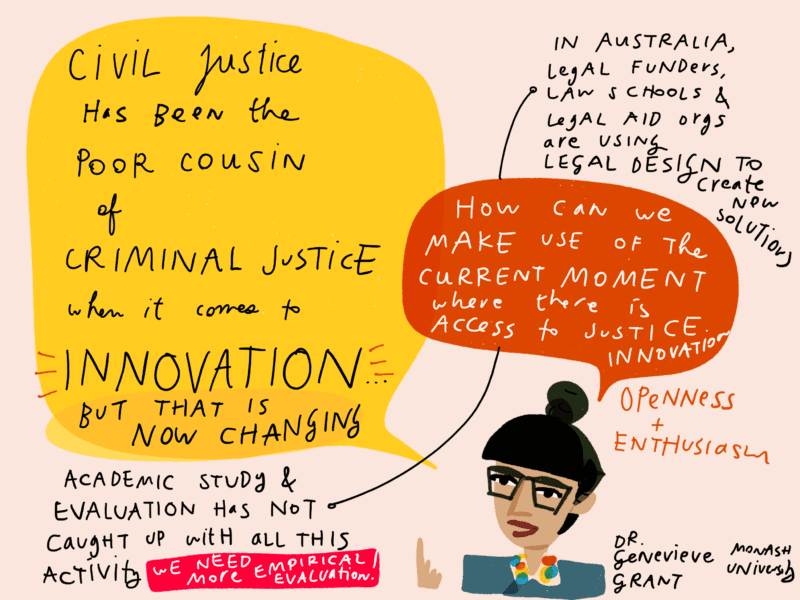
How can legal design work be evaluated?
From day 2 of the Digital Citizens conference at the University of Melbourne, Dr. Genevieve Grant of Monash University presented on…
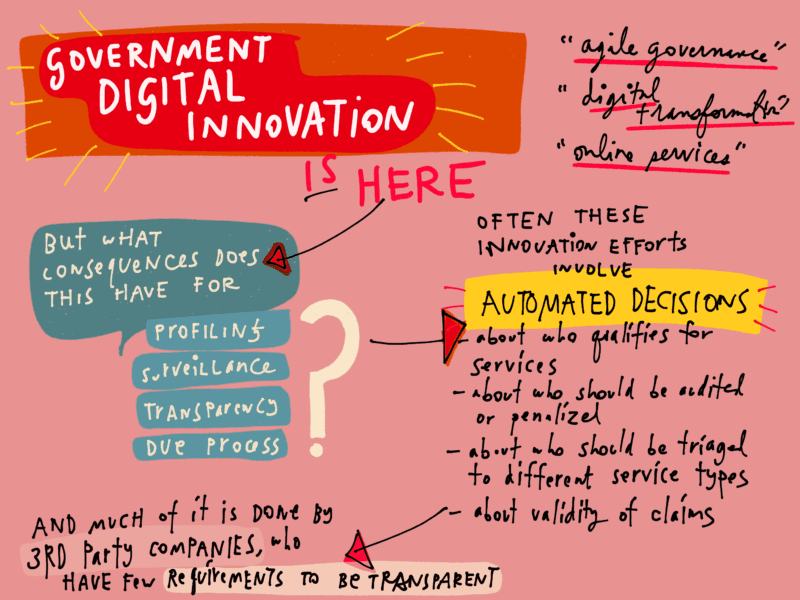
Govt. digital innovation vs. Automated decision-making harms
At the Digital Citizens conference, Dr. Adam Fletcher from RMIT University raised important ethical and justice questions for those working on…
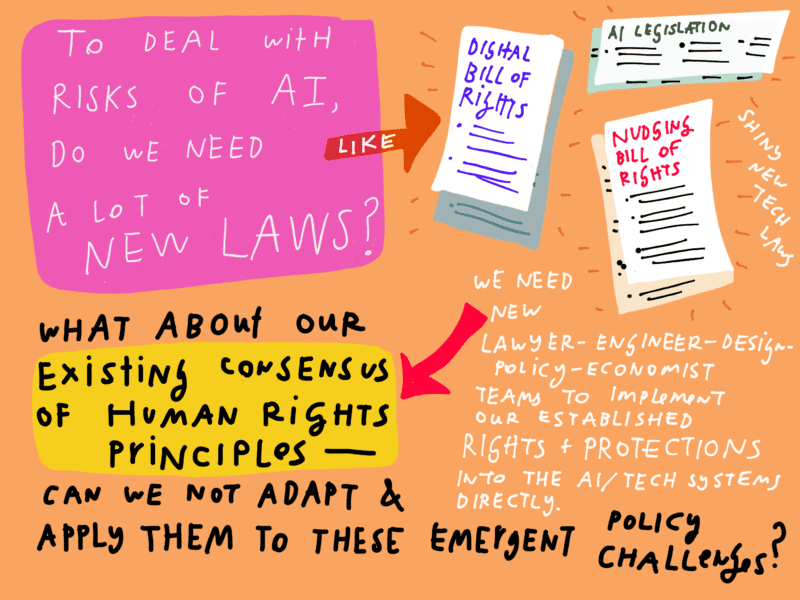
Do we need more laws to respond to AI? #digitalcitizens
Interesting discussion at the Digital Citizens Conference: do we need new laws, bills of rights, etc. to respond to the concerns…
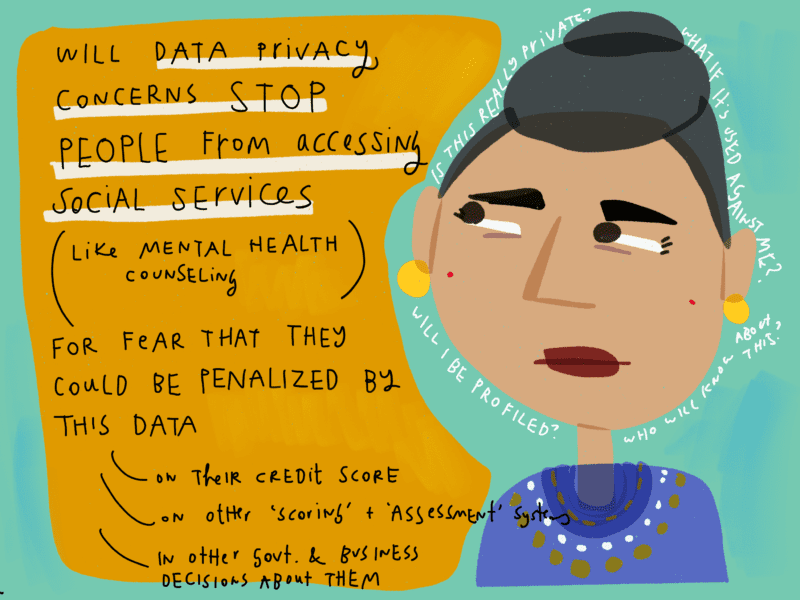
Data privacy, human rights, and social services #digitalcitizens
Today I am at the University of Melbourne at the Digital Citizens conference, where the discussion is about concerns arising around…
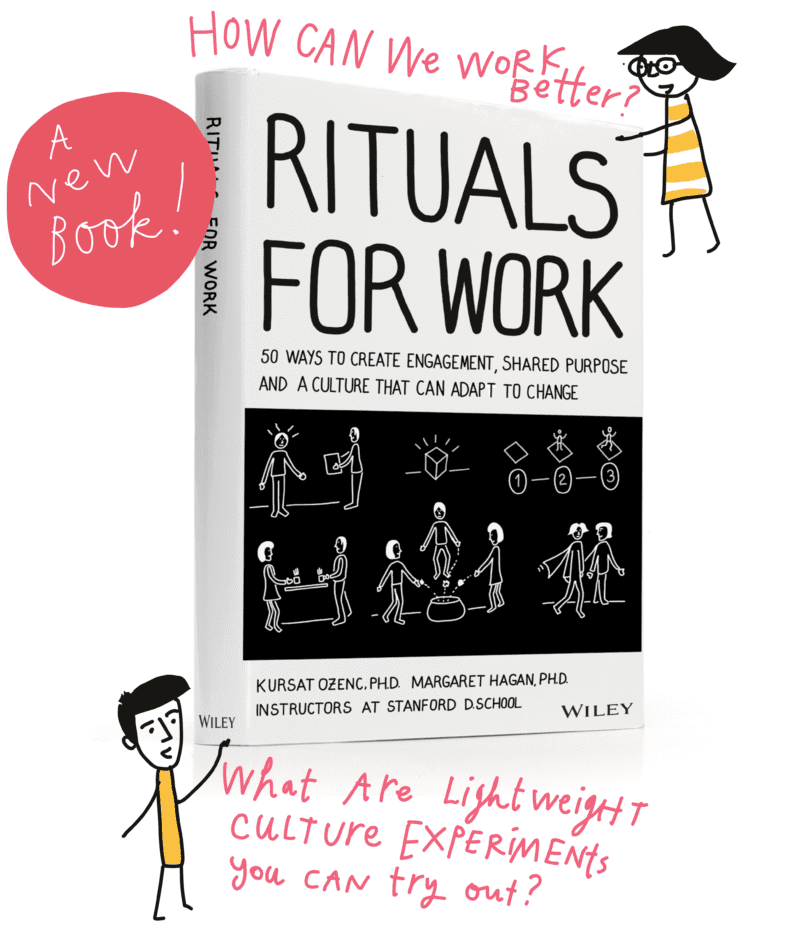
How can we build better legal work cultures? Rituals for Work…
I have been lucky to have a lot of autonomy in my career so far, but it’s also been a priority…
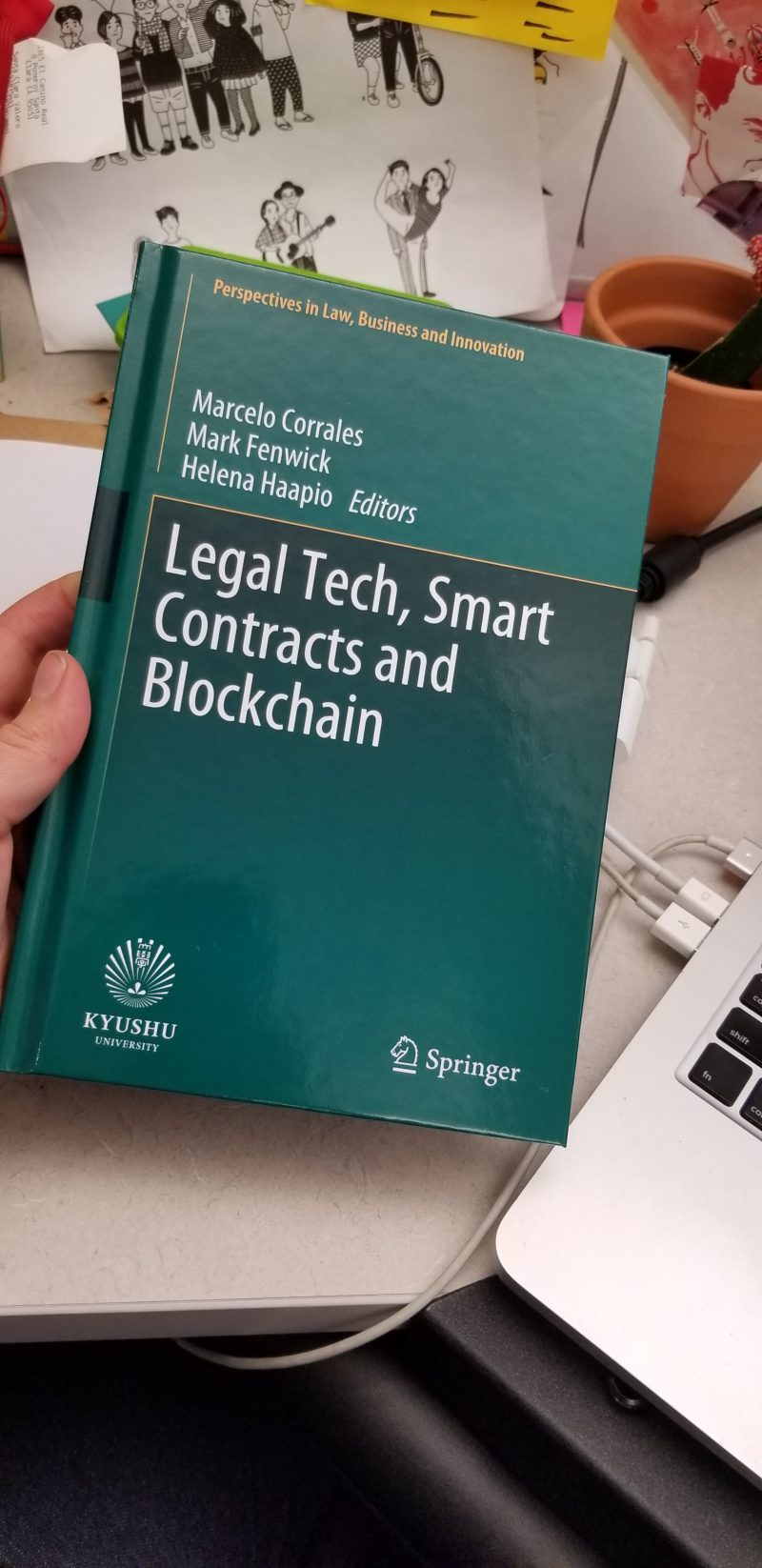
Exploding the Fine Print: designing better computable contracts.
I have a new piece out, as a chapter in a larger book on Legal Tech, Smart Contracts, and Blockchain. My…
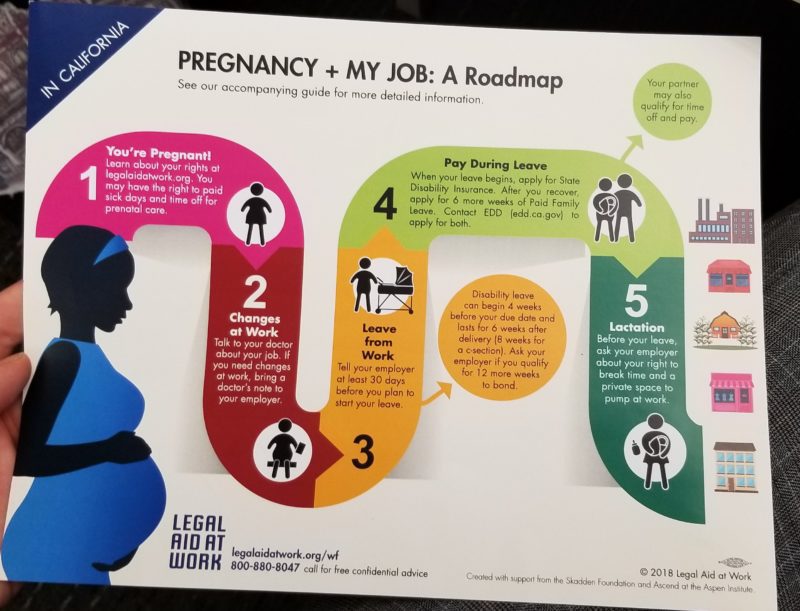
Visual self help guides for legal rights during pregnancy
Here is a great example of visual self help. It comes from the legal aid group, Legal Aid at Work, here…
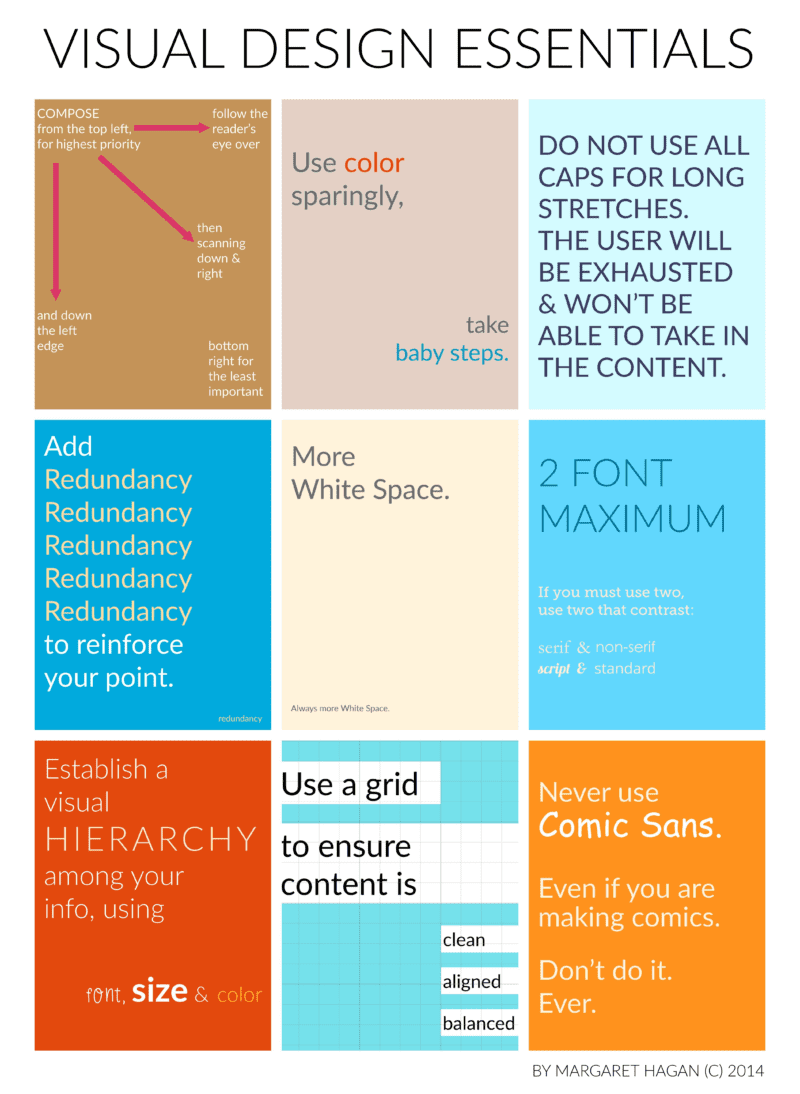
A Beginner’s List of Links for those interested in visuals + law
I was having a conversation with a professor this morning who is interested in amplifying her work in doing diagramming, drawing,…
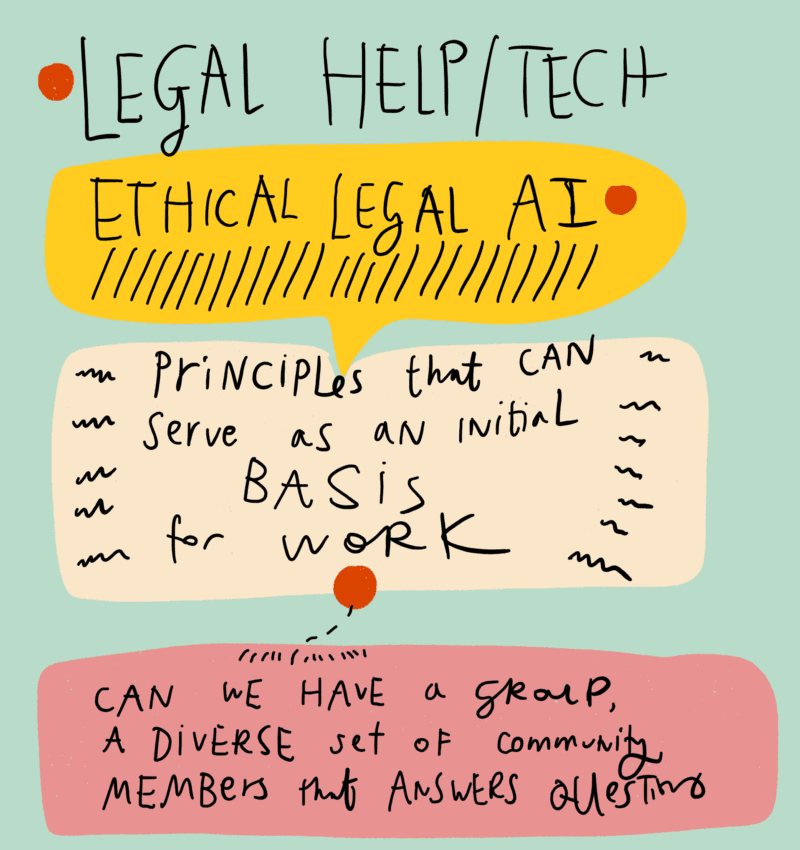
This Year’s LSC ITCon in Pictures + Drawings
January’s Legal Services Corporation ITCon (the conference formerly known as TIG) is the best place for legal aid technology geeks. Someone…
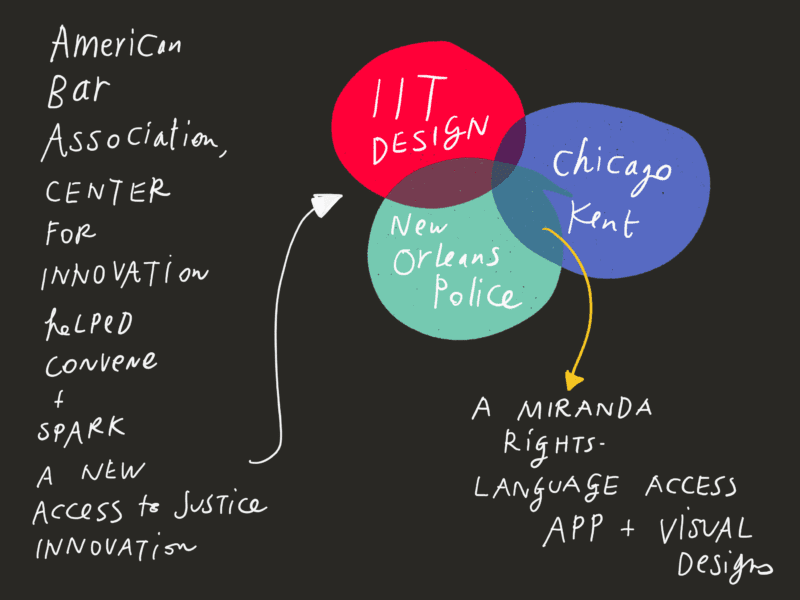
Taking stock of our current state of legal help digital tools
Yesterday I went to the ABA Midyear meeting to attend the Center for Innovation meeting, and also sit in on a…
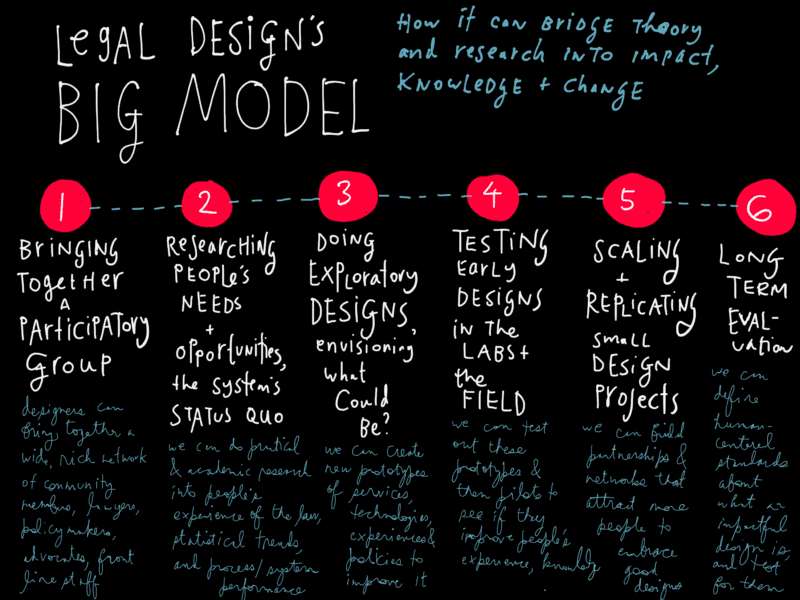
A big vision of what legal design can do #ldsign18
Today a vision of legal design is coming together at the Jurix workshop. How do we combine the powers of design…
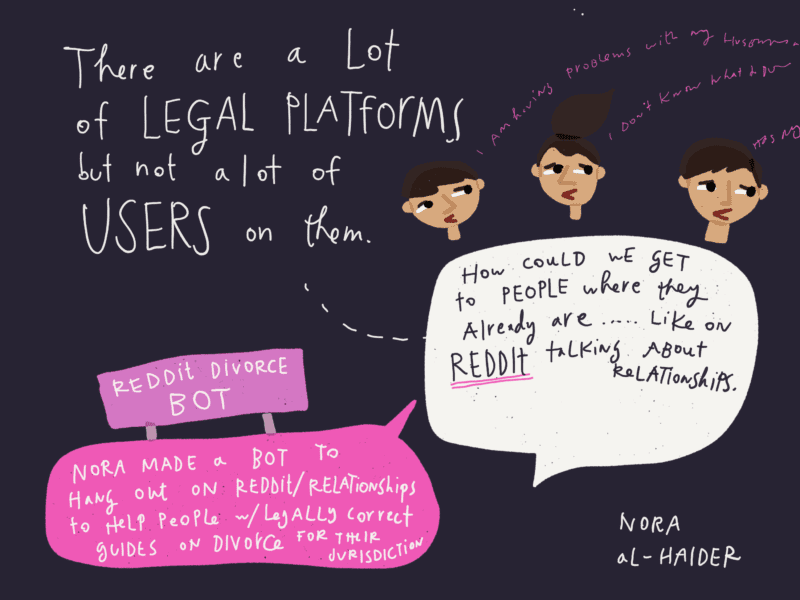
Designing a bot to proactively connect Redditors with legal help #LDsign18
How do we design access to justice tools that get out to where people with legal problems already are — and…
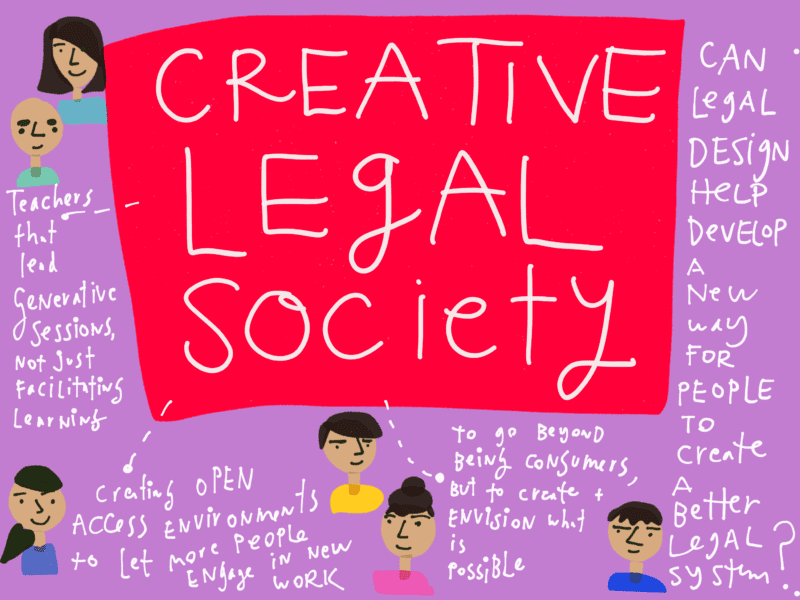
Legal design becomes a tribe, for a creative legal society — with some dangers #ldsign18
Some more thoughts from presenters on Jurix’s Legal Design workshop –about the emergent tribe of legal designers, how they reckon with…
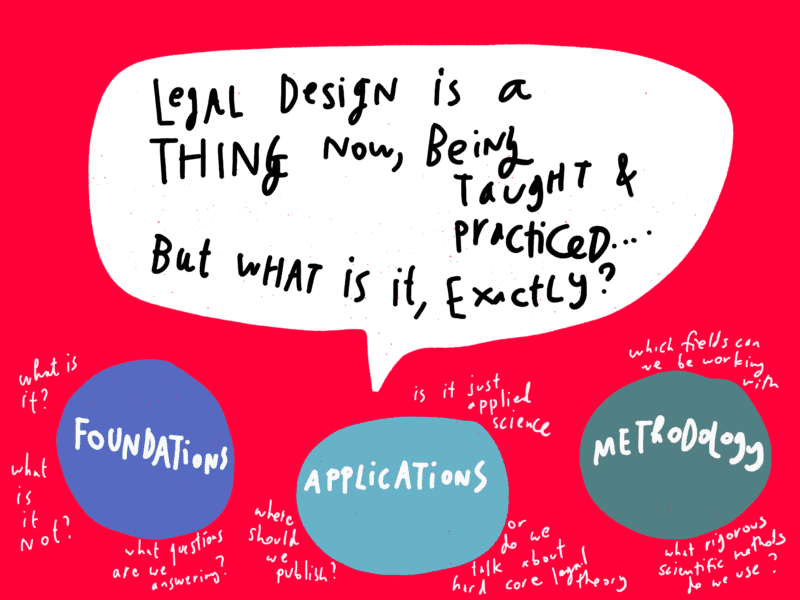
Legal Design coming into its own #LDsign18
Today is the Legal Design as Academic Discipline workshop at Jurix. The big questions are on the table about what this…
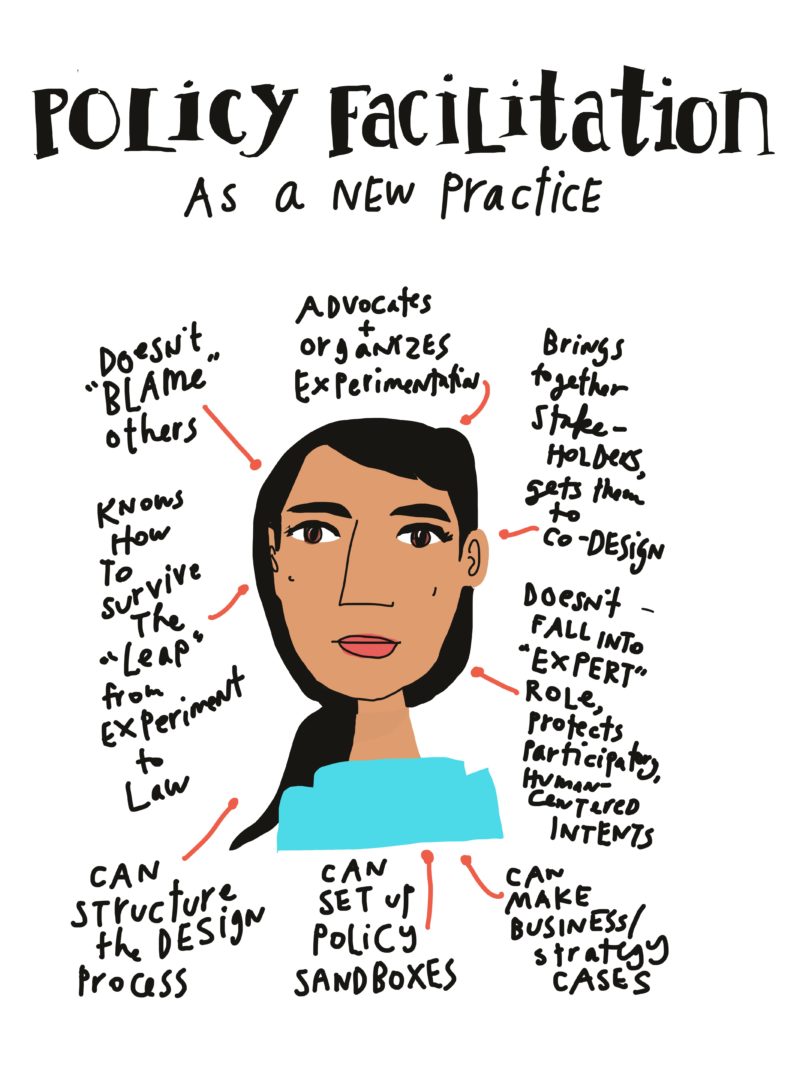
Policy facilitation as a new profession #xbd2018
A vision of a new type of policy maker crossed with designer. How can we train our future lawyers and policymakers…
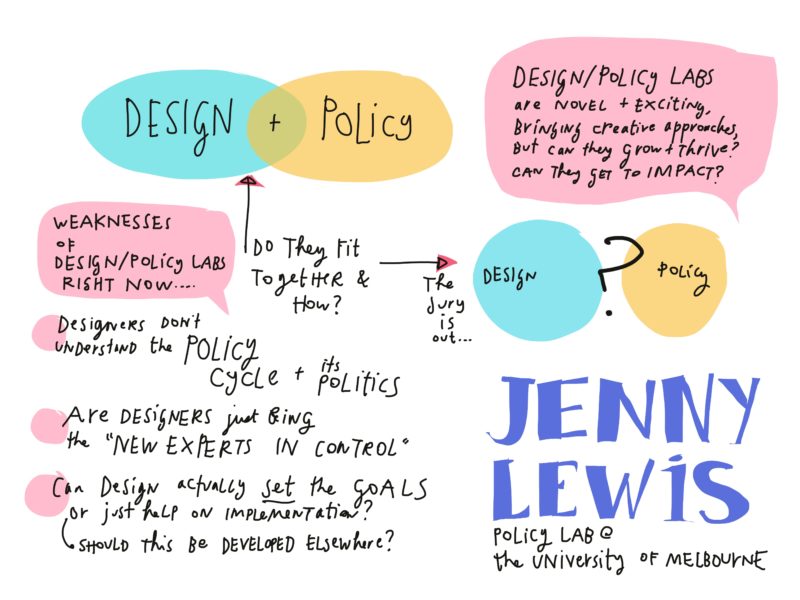
Can Policy Design Labs get from novelty to impact? #xbd2018
Professor Jenny Lewis from the University of Melbourne has been studying the rise of policy labs and design in government. She…
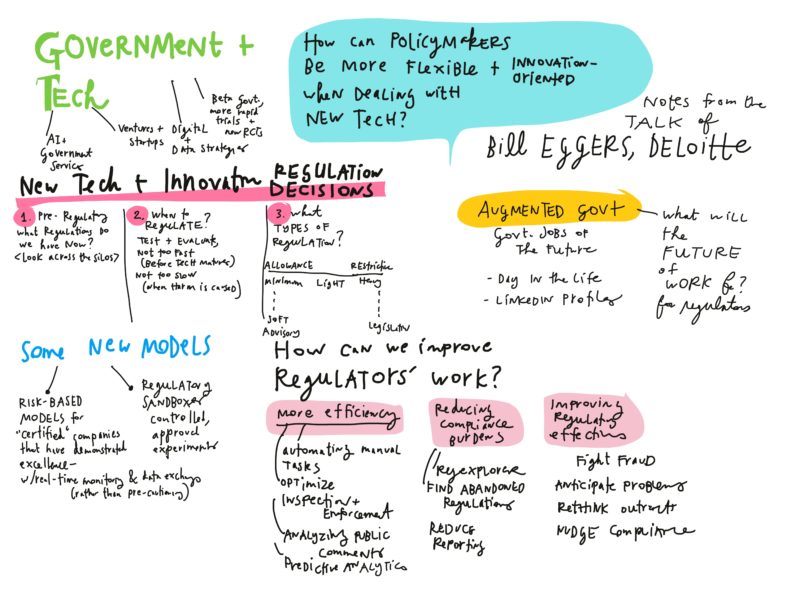
Regulators in the age of emerging tech #xbd2018
What does the near future of government regulation look like in the age of huge tech changes and new business models…
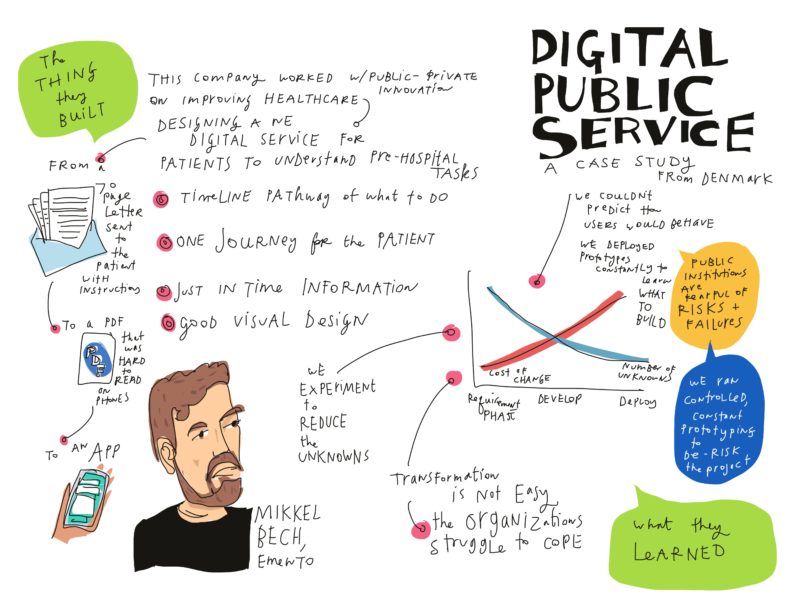
Experimenting with digital public services, in health #xbd2018
One case study on Experimentation By Design, around digital transformation of information for patients coming into the hospital. This comes from…
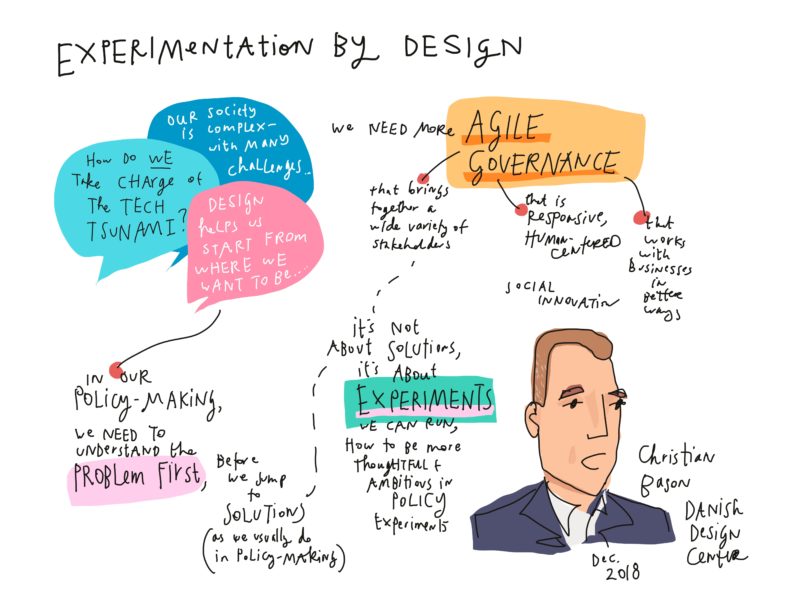
Experimentation By Design, for agile governance #xbd2018
Kicking off a day of strategic design in Denmark, about better policy-making that uses human-centered experiments.

What Law can learn from Digital Epidemiology
There is an interesting movement in public health research, around using people’s online posts, clicks, website visits, searches, and other behavior…
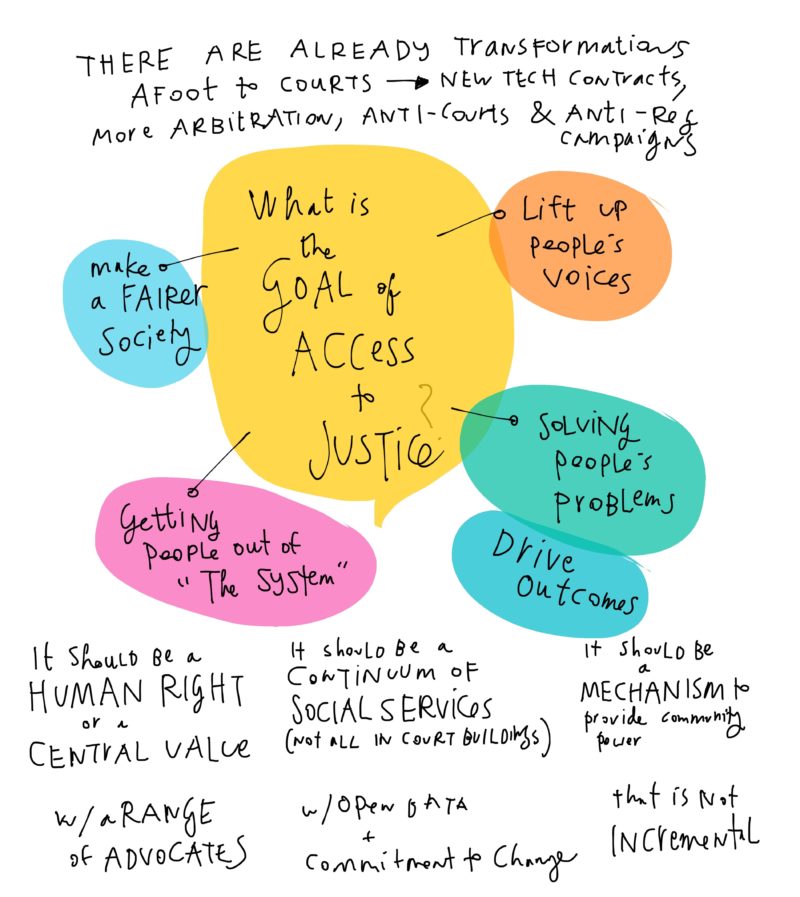
Steps toward a coherent Access to Justice movement
My sketches and notes for how our current loose coalition around Access to Justice could be stronger and more coherent —…
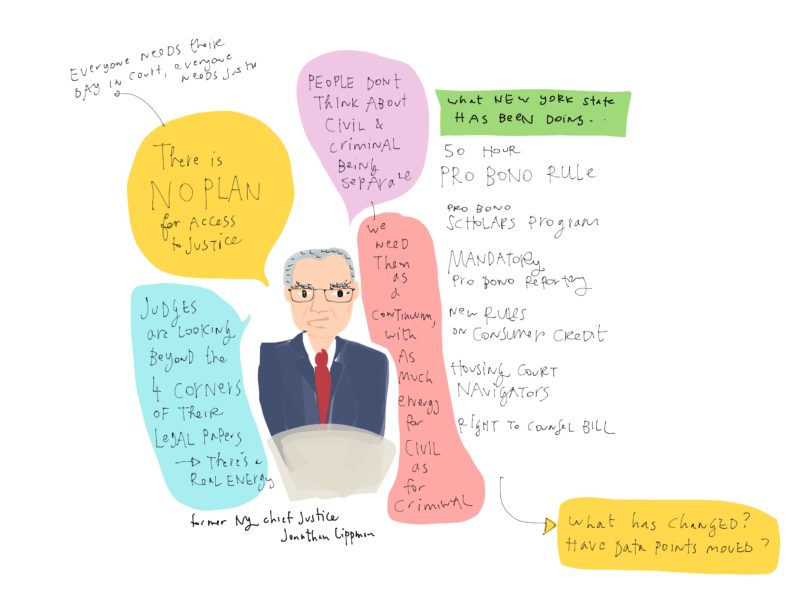
Where is the Plan for Access to Justice?
A vision of how an Access to Justice movement might blossom, with more judges involved –and with many examples from New…
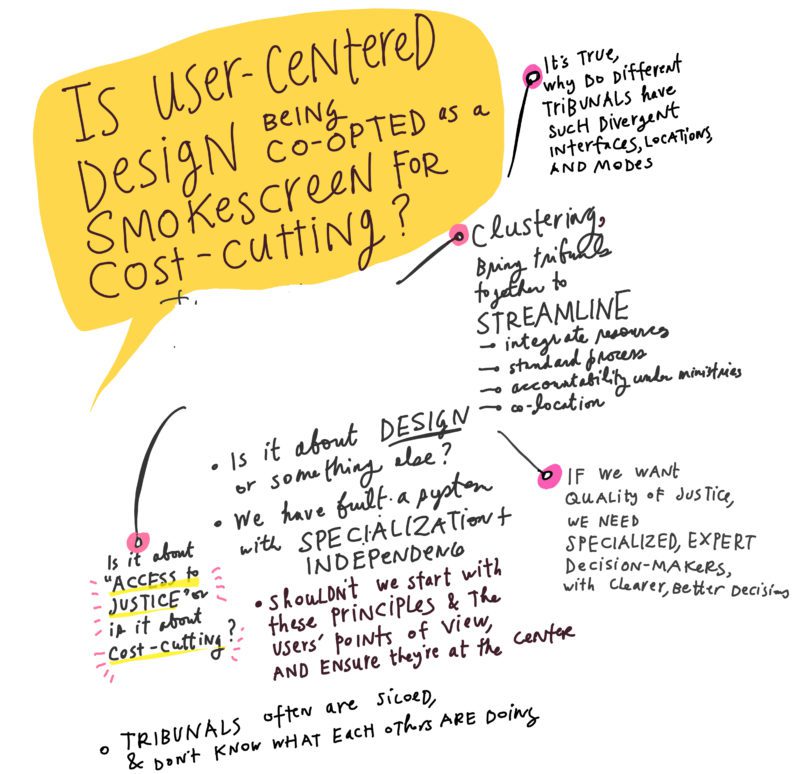
The Difficulty of Bringing Design into Courts + Tribunals
I have been attending many court innovation conferences over the past year, and taking notes about what points of friction +…
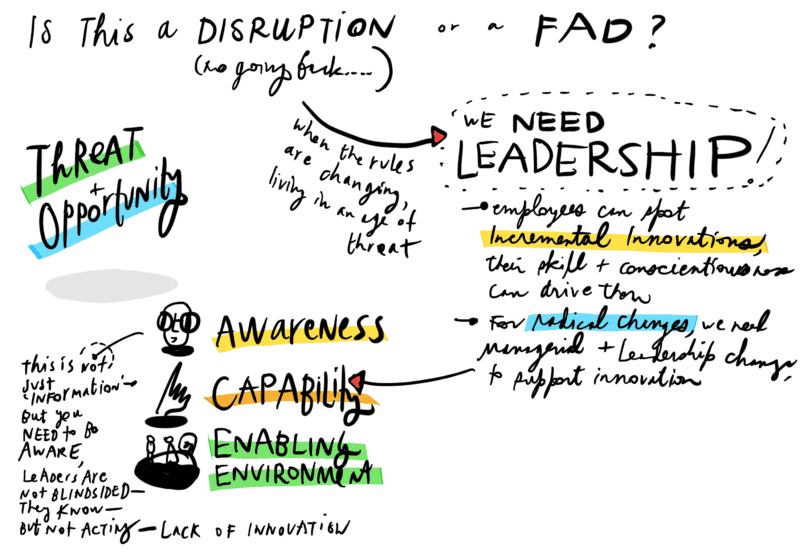
Leadership in disruption/law
I made this sketch of a talk I attended in Australia, where various law firm leaders and business/management professors were talking…
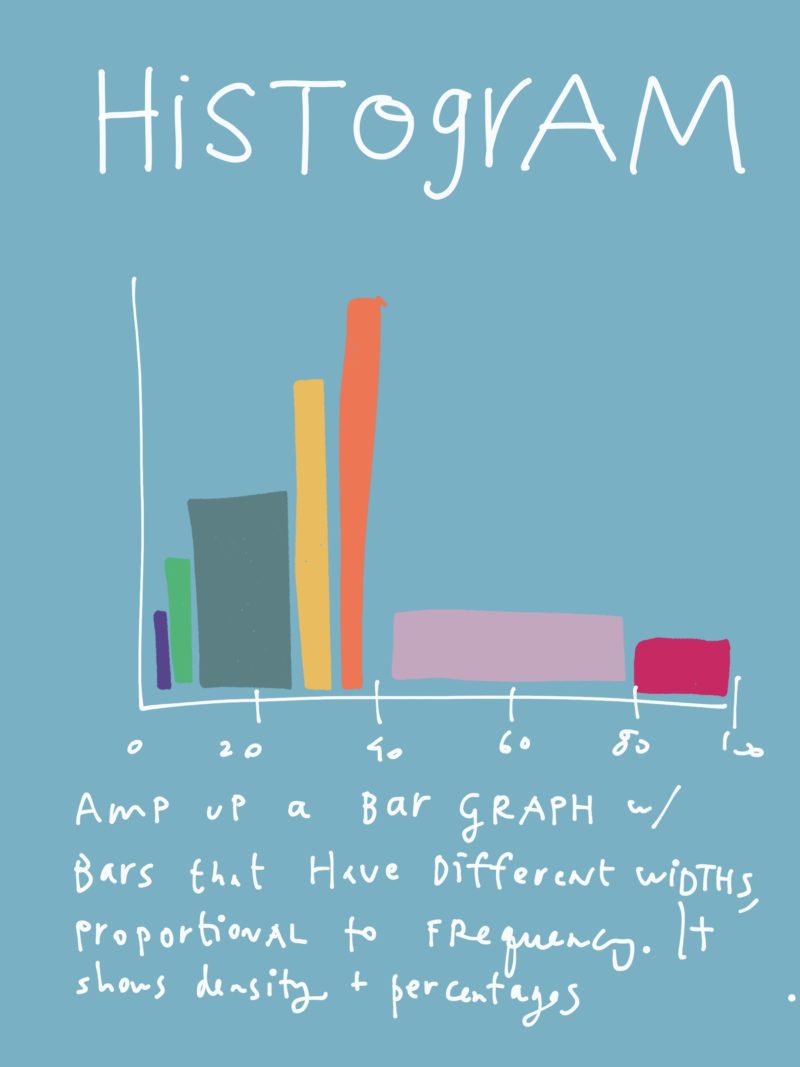
How can you visualize your statistical data?
Here are my drawn notes about the most effective ways to communicate quantitative data, for others to understand – and for…


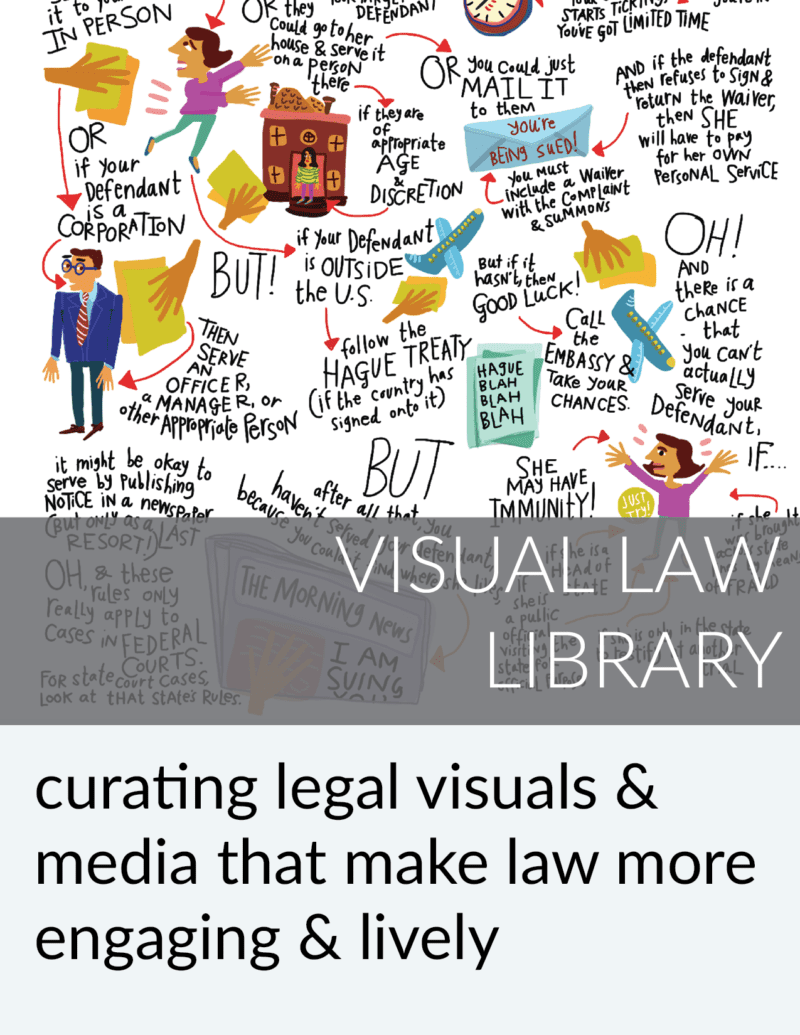

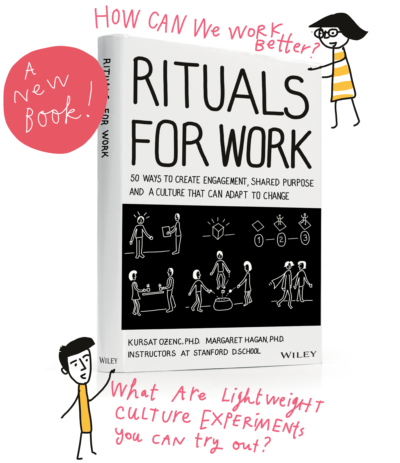
1 Comment
How do we join your mailing list?